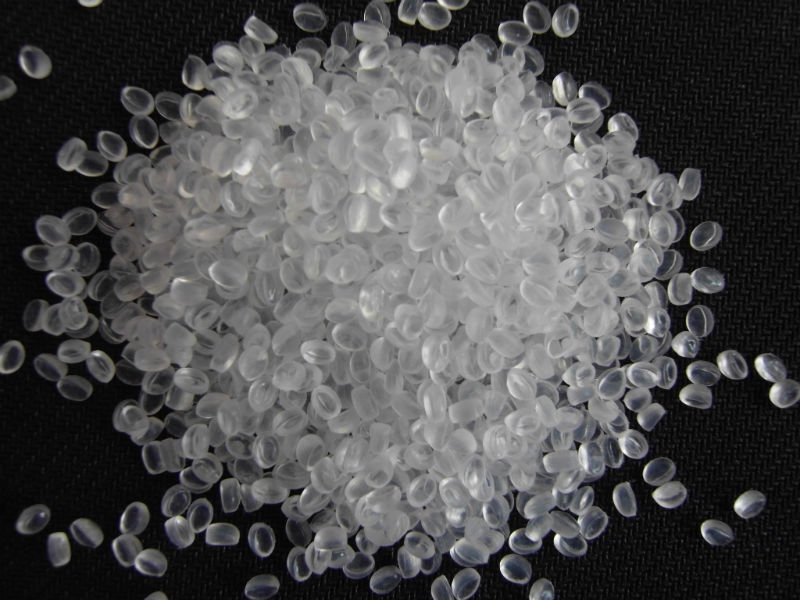How to Import Ethylene Polymers into Nigeria
How to Import Ethylene Polymers into Nigeria
Nigeria is one of the largest importers of ethylene polymers. The country imports $1.269 billion worth of these products annually through their oil and gas industry, which is the backbone of the economy. A large portion of Nigeria’s population live below subsistence level and as a result, importation by Nigerians is not as widespread as it could be. In order to increase the amount of trade for this product in Nigeria, Nigeria needs to invest more in its own industries and find new partners from other countries.
In doing so, they can take advantage of the benefits that come with importing ethylene polymers by using them as a tool within their current economic structure to create jobs and increase wages for workers in that sector. This would also help reduce poverty rates across Nigeria by increasing expenditures on goods and services throughout the economy without needing to spend more money on social welfare programs or other forms of government intervention.
Importance of Ethylene Polymers in Nigeria
Ethylene polymers are a commodity that is critical to the imbalanced economy of Nigeria. The country imports $1.269 billion worth of these products annually through their oil and gas industry, which is the backbone of the economy.
There are many reasons why ethylene polymers are so important to Nigeria’s economy. For one, there is a large portion of Nigerian’s population that lives below subsistence level and as a result, importation by Nigerians is not as widespread as it could be. In order to increase the amount of trade for this product in Nigeria, Nigeria needs to invest more in its own industries and find new partners from other countries.
In doing so, they can take advantage of the benefits that come with importing ethylene polymers by using them as a tool within their current economic structure to create jobs and increase wages for workers in that sector. This would also help reduce poverty rates across Nigeria by increasing expenditures on goods and services throughout the economy without needing to spend more money on social welfare programs or other forms of government intervention.
Effect on Nigeria
‘s Economy
The impact of the ethylene polymers industry on Nigeria’s economy is not clear because there is very little data available. However, it does seem like this would be a good opportunity for the country to make an investment in its own industries to increase trade for this product within Nigeria.
Nigeria imports $1.269 billion worth of these products annually through their oil and gas industry, which is the backbone of the economy. A large portion of Nigeria’s population live below subsistence level and as a result, importation by Nigerians is not as widespread as it could be.
In doing so, they can take advantage of the benefits that come with importing ethylene polymers by using them as a tool within their current economic structure to create jobs and increase wages for workers in that sector. This would also help reduce poverty rates across Nigeria by increasing expenditures on goods and services throughout the economy without needing to spend more money on social welfare programs or other forms of government intervention.
Solutions for Importing Ethylene Polymers
Ethylene polymers can be a valuable resource within Nigeria’s current economic structure. This is so because the product helps create jobs and increase wages for workers in the sector, while also reducing poverty rates.
However, importing ethylene polymers comes with a few challenges. For example, Nigerians have a lot of debt from imports, meaning that they have to spend more on interest payments than on goods and services. Because of this, Nigeria may not have the capital to import ethylene polymers at a high rate.
In order to solve this issue, Nigeria can invest more in its own industries and find new partners from other countries. These two solutions will help reduce the amount of debt Nigerians have from imports and help them invest more in their own economies while also providing some relief for poverty rates in Nigeria.
Conclusion
Nigeria is the largest importer of ethylene polymers in Africa. But, because Nigerians are largely under the poverty line, they don’t import these products as much. If Nigeria invests more in its own industries and finds new partners, it can take advantage of the benefits that come with importing these goods and create jobs and increase wages for workers in that sector. This would also help reduce poverty rates across Nigeria by increasing expenditures on goods and services throughout the economy without needing to spend more money on social welfare programs or other forms of government intervention.








LEAVE A COMMENT
You must be logged in to post a comment.